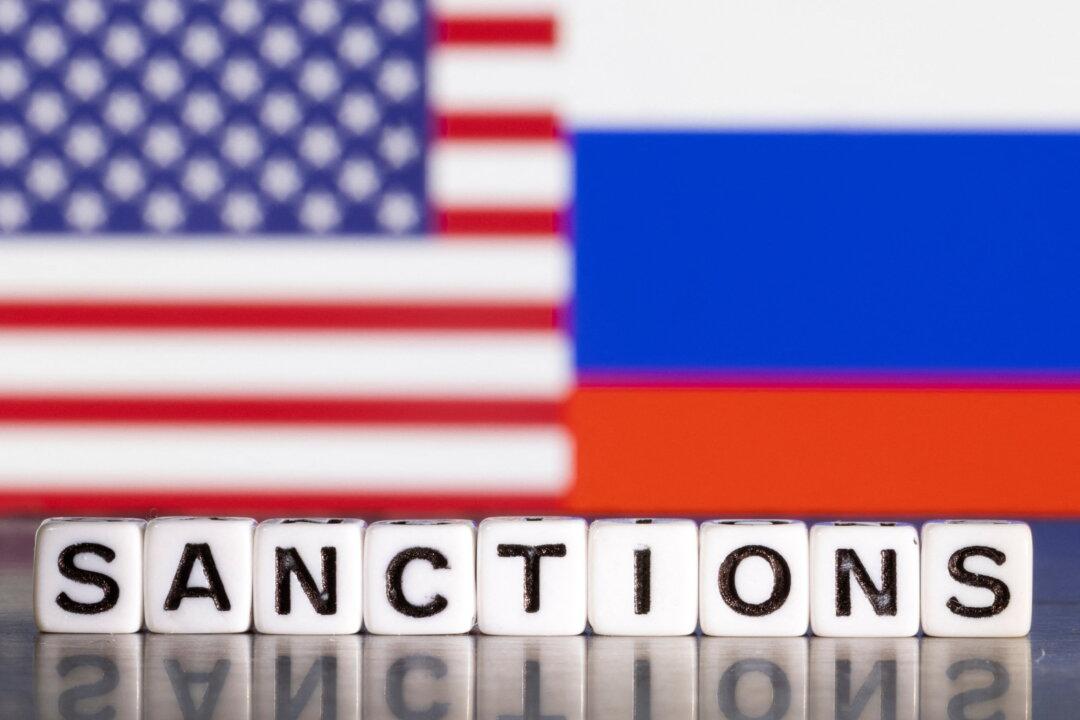Commentary
Ongoing global sanctions will shape and determine the post-Putin era. Economic warfare can easily backfire and turn once pro-American energy dependent countries into pariahs and push Russia toward the United States’ adversaries. The sanctions-triggered geopolitical changes all point in one direction: China.


